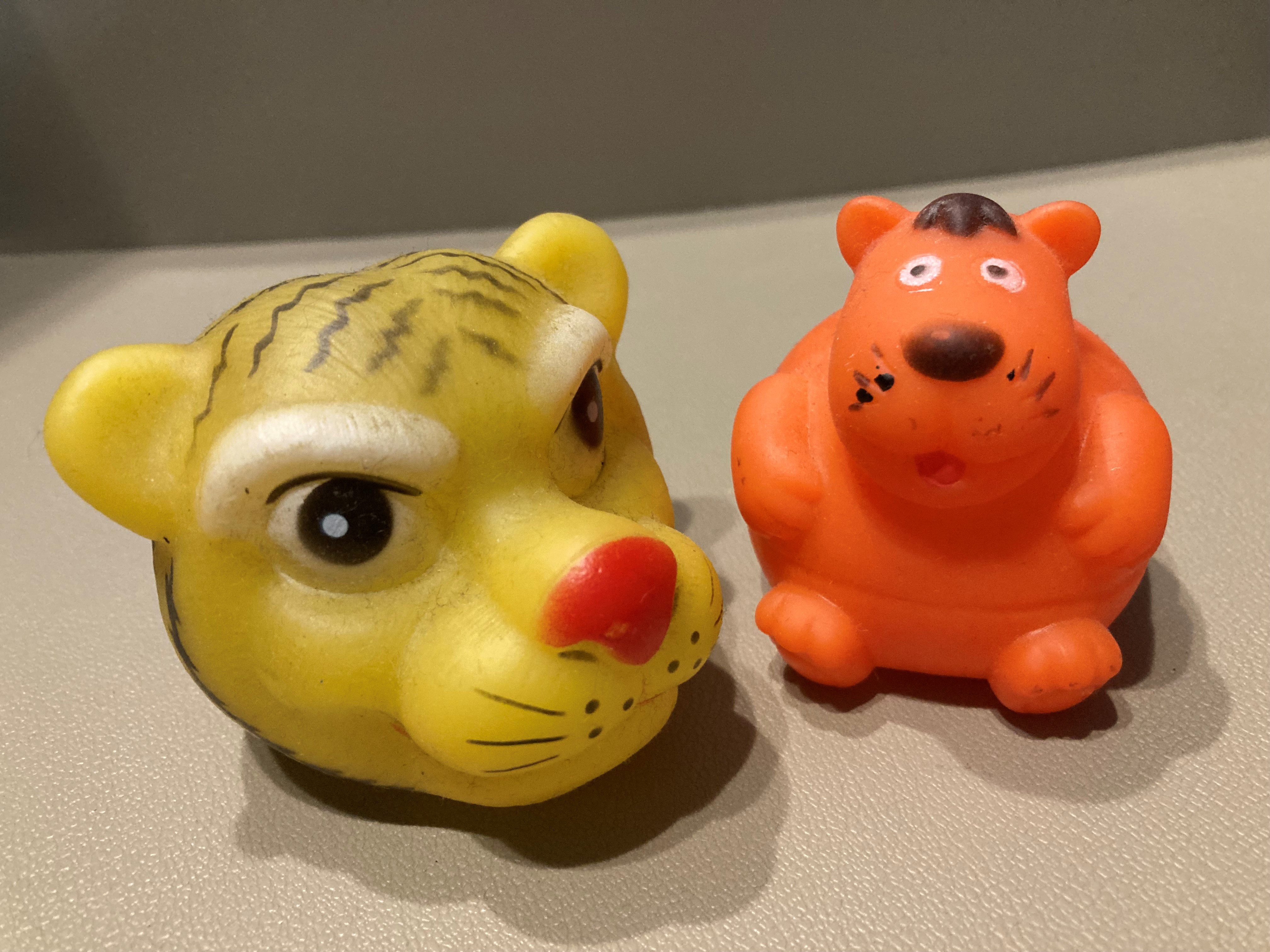From ELT Teacher to Teenage Teacher
Lessons my teenage learners have taught me!

After years in academic management, going back into the teen classroom was an eye opener. Teenage learners had changed; they were somehow more sophisticated, more aware and much more ready to take on the world. I soon realised that this would be a steep learning curve.
Here are some of the things my teenage teachers taught me.
1 Show an interest in our lives and tell us about yours too!
One of the first bits of advice I was given was to show an interest in your teenage learners’ lives. Ask them about their new shoes, bag or whatever, ask them how their exams went and find out why they missed class – all with sensitivity, of course. However, don’t forget to tell them about your life too!
Typically on Mondays, I would encourage them to compare their weekends and this would typically lead to comparing photos on their phones. They soon asked me to share some of mine and when they saw a photo of my family, they said they wanted to meet them. I set up a Skype call with my mum and they loved asking her questions; ‘Was Emma a good student?’, ‘What was the naughtiest thing she ever did?’
2 Let us in on the secret!
Teen learners really do want to know what they’re going to do and why. I experimented with different ways of presenting ‘today’s lesson’ and what worked best for us was to write something like this in a column on the left-hand side of the board:
Today, we must:
Talk and write about our favourite places to eat.
But if we have time, we could:
Watch Jon’s video clip.
Here, the ‘must’ was very much what I had planned for the class and the ‘could’ was their choice (see ‘We’ll choose!’ below).
3 But make this secret relevant.
How often do we tell our learners to do something because it may come up on the exam? Or worse still, tell a B1 Intermediate class that they’ll need to know it for the Cambridge B2 First?
I was guilty of this and began to experiment with more relevant learning outcomes. For example, with a coursebook unit on food, I told them that our school had agreed to fund an end of course meal but we needed to agree on a place to eat. I suggested looking at some online reviews first. They were pretty upset to find that their favourite pizza place had been described as ‘disappointing’ and the service was ‘average at its best’. But then they were relieved when they heard that I wouldn’t really be joining them for a meal.
I used a similar idea by suggesting we chose a TV series to watch together. I found a short Creative Sense Media video which ranked TV series. The students watched it and shared their own opinions. During this activity, I noticed that one of the more reluctant writers was actually taking notes. She said, ‘Thanks for this! I’m writing down all the series I fancy watching.’
4 We’ll do the language presentations.
On CELTA courses, we’re taught to cut down on TTT (Teacher Talking Time) and the best way to engage learners is through encouraging them to work things out for themselves. A month in, and my attempts at elicitation were still being met by blank faces. More through frustration than anything else, I got one of the more willing learners to come to the board, projected the presentation below and told him to give the lesson. It worked! It was amazing! With this minimal scaffolding, he was able to revise the language with them (it was known language of course).

5 Don’t make us copy again.
We really should encourage our learners to keep a record of new language, right? Possibly, but I soon found that teen learners don’t enjoy copying grammar boxes or explanations into their notebooks (even if you say it’ll be useful for the exam). We came up with an alternative where I’d make photocopies of the presentations for them but they’d have to annotate and/or highlight them to make them their own. In a paperless classroom, I would allow them to take photos or screenshots but insist on them using their editing tools to highlight the important bits.
6 We’ll choose!
As I mentioned above, I split the lesson content into what we needed to do and what we could do if time allowed. For the latter, the students could choose the activity. Their choices often took me by surprise. Would you rather play in groups and squeak your toy if you know the right answer or would you rather we set this up in Kahoot? And surprise, surprise, they chose these:

What are some of the lessons that your teen learners have taught you? I’d love to hear your ideas. Feel free to leave a comment below or get in touch on the About page.
6 thoughts on “From ELT Teacher to Teenage Teacher”
I loved the Skype activity! Great ideas, Emma. I absolutely agree that we need to get to know students and let them know us in order to make the lessons interest and build rapport with them.
Thanks Luiz. The Skype call was actually pre-COVID so quite ‘adventurous’ for me and the learners
A great post, Emma. All of them equally useful but number 6 is simply brilliant, I’m definitely stealing this idea! 😊
Here are some things I learned from my teens:
Give them space: They need to interact with each other more than they need to interact with me. As it’s an awkward age, I try to help them build interpersonal skills, make sure they are positive , respectful and supportive to each other.
Be genuine: As it is normal for most teenagers to lack confidence, a little self-disclosure can go a long way and helps build rapport. By sharing my past experiences, telling anecdotes, and explaining how I’ve learned from my mistakes and failures, I improved my relationship with my students. They connected with me more meaningfully, behaved better and took more risks in class.
Thanks Rachel,
I love both your suggestions. With ‘Be genuine’, like you I often highlight my own mistakes, actively encourage them to correct me by pointing out that I may not always be right, apologise when I do make a mistake… etc. And ‘give them space’ probably goes with ‘give them time’. We often rush them too much for an answer, thought or idea.
How do you think the attitude of teenage students has changed with lockdown and distance learning? More/ less responsive?
Good question. On the whole, they seem to be delighted to be back in the classroom. In some cases, the distance has actually helped management because they’re less distracted.
Comments are closed.